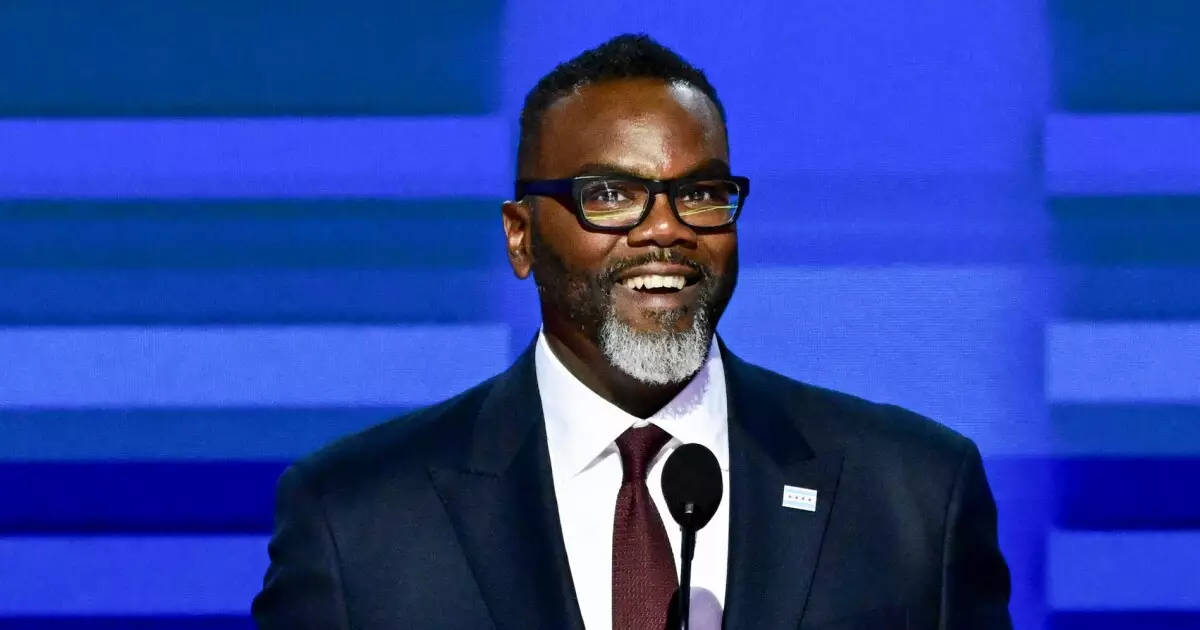Chicago recently released a budget forecast projecting a significant increase in its corporate fund deficit in the coming years. The deficit is expected to grow to $982.4 million by 2025, up from $222.9 million at the end of 2024. Mayor Brandon Johnson’s administration presented downside and upside scenarios for future years, with a negative scenario showing a $1.578 billion gap in 2026 and a $1.928 billion gap in 2027, while the positive scenario projected gaps of $633.8 million and $702.6 million in the respective years. Despite recent improvements in Chicago’s fiscal outlook due to pandemic relief funding and increased pension contributions, the new forecast poses challenges for the city’s financial stability.
Experts have expressed concerns about the city’s ability to address the growing deficit effectively. Municipal Market Analytics highlighted the potential strain on market demand for city bonds, given the size of the projected budget gap. Matt Fabian from MMA emphasized the need for recurring solutions to address Chicago’s persistent financial problems, cautioning against relying solely on one-time fixes. He suggested that state assistance, such as the implementation of new taxes, could help alleviate the budget shortfall but warned about the potential adverse impact on the economy.
The forecast attributed the current revenue gap to state changes in how corporations net their operating losses, State Personal Property Replacement Tax revenue, and reimbursement for pension payments made on behalf of Chicago Public Schools. Future projections indicate that both revenue and spending factors will contribute to the budget deficit. Despite the city’s diverse economic landscape, concerns remain about declining office building values and the budget challenges faced by Chicago Public Schools and the Chicago Transit Authority.
In response to the budget forecast, discussions have centered around implementing a hiring freeze and evaluating the effectiveness of different city departments. The handling of pension funding and the potential use of scoop-and-toss restructurings are also key areas of focus. Experts have raised questions about the impact of property taxes, the valuation of office buildings post-COVID, and the burden placed on residential properties. Attempts to raise revenue through taxing the wealthy have faced opposition, necessitating a comprehensive approach to balance the city’s budget effectively.
The impact of the budget forecast on Chicago’s bonds remains uncertain, although the city’s recent general obligation deal was oversubscribed. Despite the challenges posed by the growing deficit, experts believe that the city will be able to navigate the bond market successfully by finding an appropriate pricing structure. Mayor Brandon Johnson’s emphasis on recurring budget solutions underscores the need for a strategic and sustainable approach to address Chicago’s fiscal challenges.
Chicago’s budget forecast highlights the urgency of implementing long-term solutions to address the city’s growing deficit. With careful financial planning, collaboration between city and state authorities, and a focus on sustainable revenue strategies, Chicago can overcome its budget challenges and establish a path towards long-term financial stability.


Leave a Reply